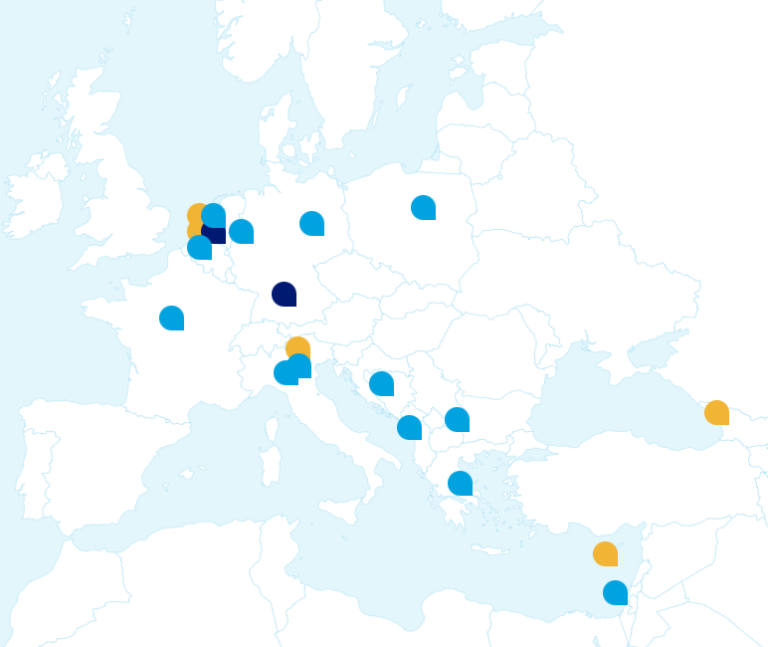Services
RESILIENCE's services are based on two types of access: physical and digital. Physical access covers, among other things, manuscripts, documents, special collections which are not yet digitized and which are only available when visiting partner institutions; digital access is offered by the corresponding e-infrastructure, aiming to collect all the digitally available, born-digital and digitally transformed data in one single and distributed ecosystem and to make them available also remotely.
The combination of offering physical and digital access makes RESILIENCE unique.

